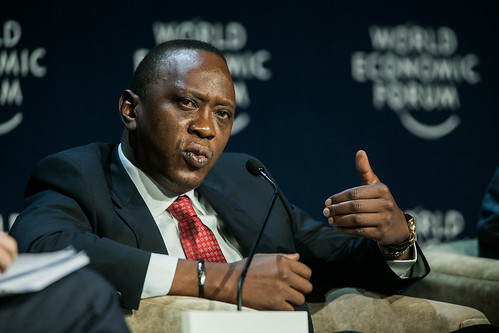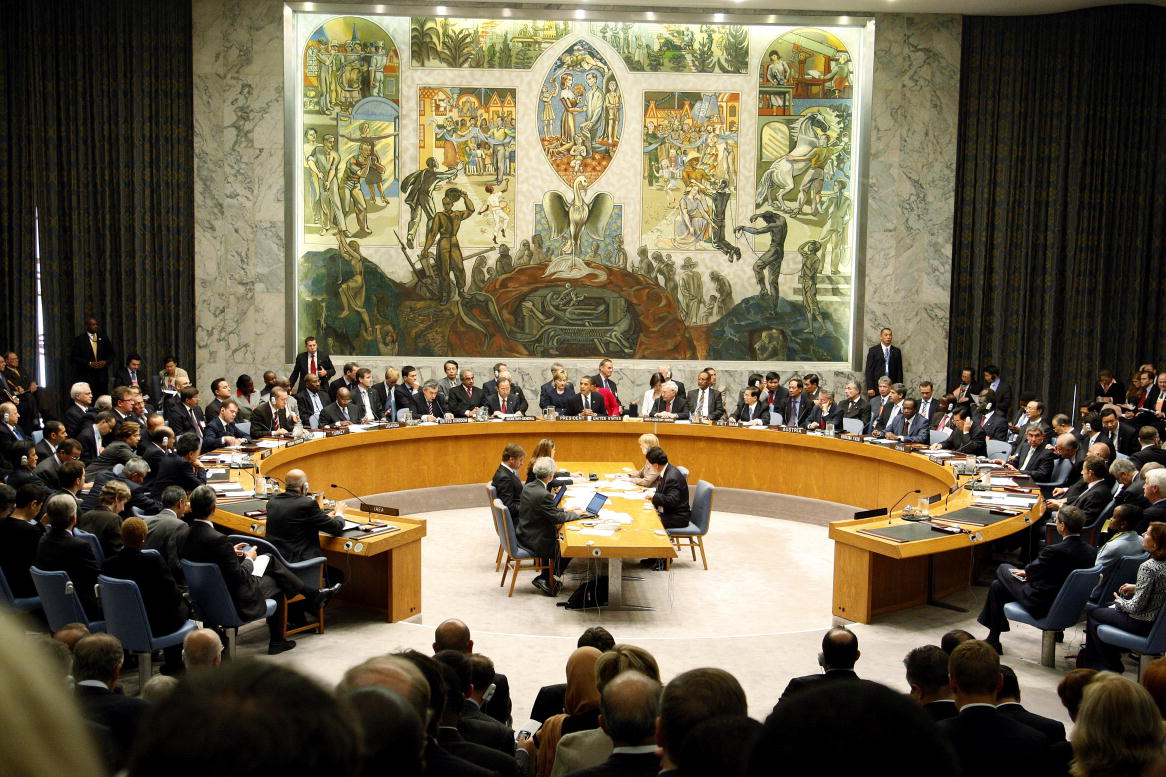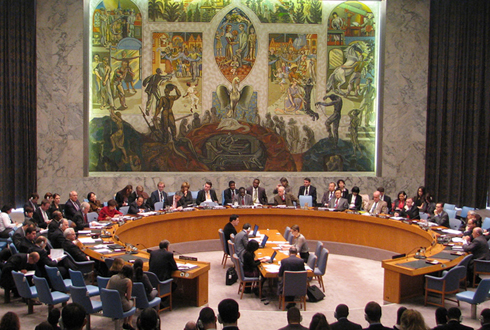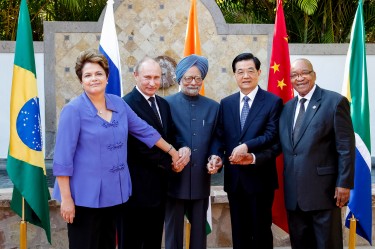
Kenya wants the United Nations Security Council to halt the trials of President Uhuru Kenyatta and Deputy President William Ruto. With the African Union at its side, Kenya has asked the Security Council to temporarily defer ICC prosecutions through the invocation of Article 16 of the Rome Statute. Doing so will undoubtedly lead to accusations that the Security Council is actively endorsing impunity in Kenya. But will that stop them?
Recent reports have suggested that Western diplomats are busy drafting a Security Council resolution to defer the Kenya cases. This is significant. Presumably ‘Western’ powers – especially the US and ICC member-states France and the UK – are the key to any resolution passing. A veto from any of them would ruin Kenya’s chances at a deferral – although it should be noted that such a resolution is unlikely to ever come to a vote unless it is guaranteed to pass in advance.




